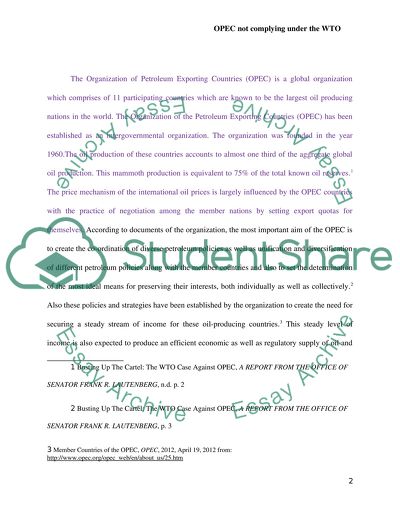Cite this document
(“OPEC not complying under the WTO Term Paper Example | Topics and Well Written Essays - 5000 words”, n.d.)
Retrieved from https://studentshare.org/law/1397738-opec-not-complying-under-the-wto
Retrieved from https://studentshare.org/law/1397738-opec-not-complying-under-the-wto
(OPEC Not Complying under the WTO Term Paper Example | Topics and Well Written Essays - 5000 Words)
https://studentshare.org/law/1397738-opec-not-complying-under-the-wto.
https://studentshare.org/law/1397738-opec-not-complying-under-the-wto.
“OPEC Not Complying under the WTO Term Paper Example | Topics and Well Written Essays - 5000 Words”, n.d. https://studentshare.org/law/1397738-opec-not-complying-under-the-wto.


